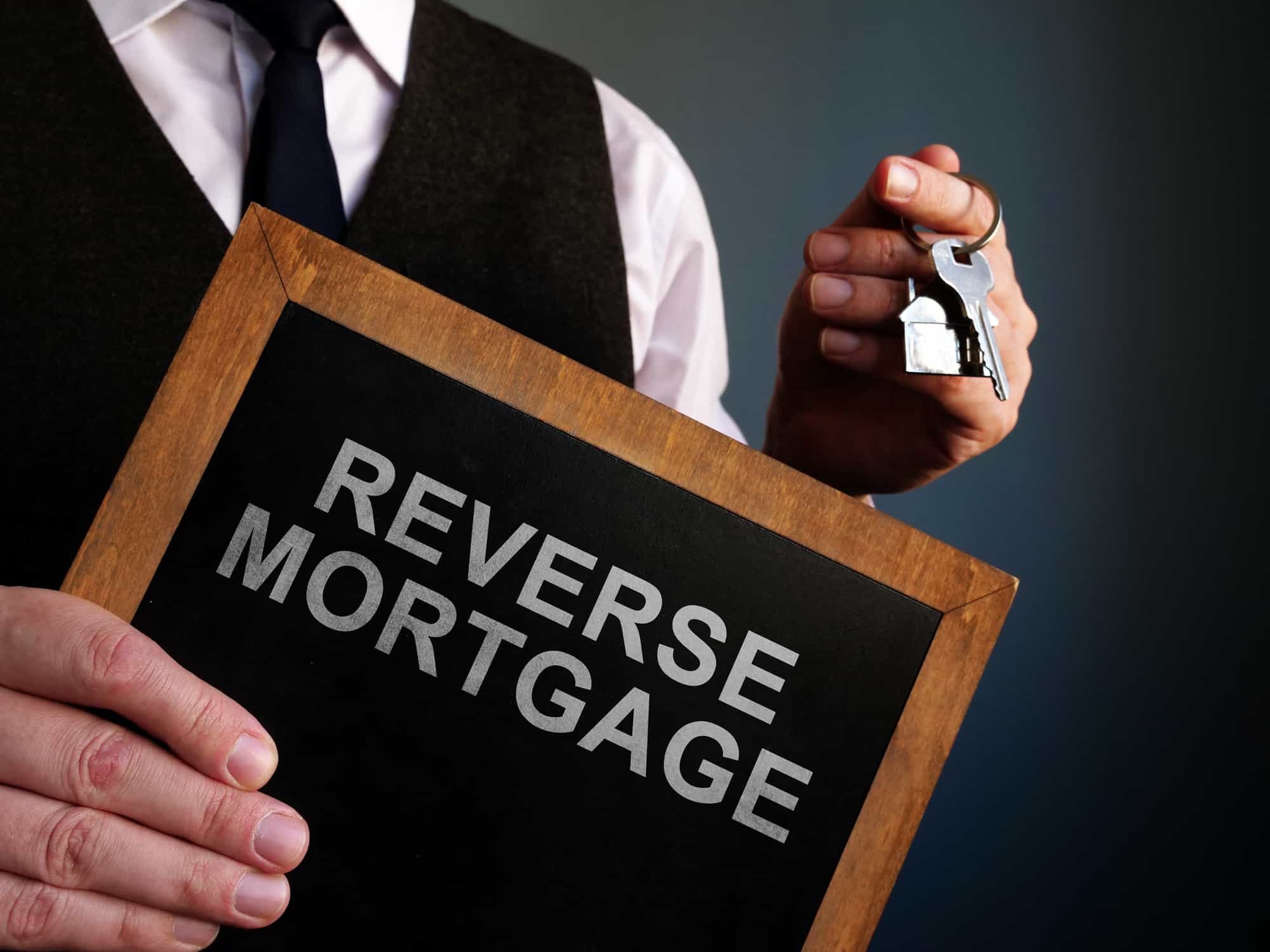There are many differences between a reverse mortgage and a cash out refinance. While both programs use home equity to get cash back, the reverse mortgage is specifically for senior citizens.
What is a Reverse Mortgage?
Home Equity Conversion Mortgage is the formal name for the reverse mortgage. The reverse mortgage is exclusive to senior citizens who are at least 62 years old. Senior citizens who qualify for a reverse mortgage can use their home equity as additional income while still living in their home.
What is a Cash Out Refinance?
A Cash Out Refinance allows homeowners to refinance their mortgage for a higher amount than what they owe. The homeowner takes the difference in cash and is free to use it for whatever they want. The main reasons for a cash out refinance are to pay for expensive repairs, to pay for a home remodel, to pay off high interest debt, etc.
What are the Biggest Differences Between a Reverse Mortgage and a Cash Out Refinance?
- A Reverse Mortgage is only available to senior citizens aged 62 or older.
- A Reverse Mortgage is an additional mortgage that is taken out. It does not replace the existing mortgage.
- Reverse Mortgages don’t require monthly payments. Instead, it is repaid at the end of the term.
What are the Benefits to a Reverse Mortgage?
A reverse mortgage does not replace your mortgage. It is a separate loan in addition your mortgage. This means the homeowner will continue making payments on their mortgage, but with a reverse mortgage they could pay off their mortgage with the money acquired through a reverse mortgage.
Many people aim to retire to live a life without working. Unfortunately, many seniors find that they haven’t saved up enough to live comfortably. With a reverse mortgage, seniors can increase their cash flow and have money put aside for emergencies, pay for home improvements, etc.
Additionally, it is a common misconception that with a reverse mortgage, ownership of the home is given up, but that is not true. Reverse Mortgages can benefit seniors by providing them with additional funds through their home while they are still living in it. They still own the house unless they or their heirs decide to sell it.
Overall Thoughts
A reverse mortgage is a great option for seniors who want to make sure they’re in good financial standing. Storing away extra money is never a bad idea. It’s better to prepare for an expensive house repair or medical emergency than not at all. By not having to make monthly payments, seniors free up more of their income to put towards other important things.



